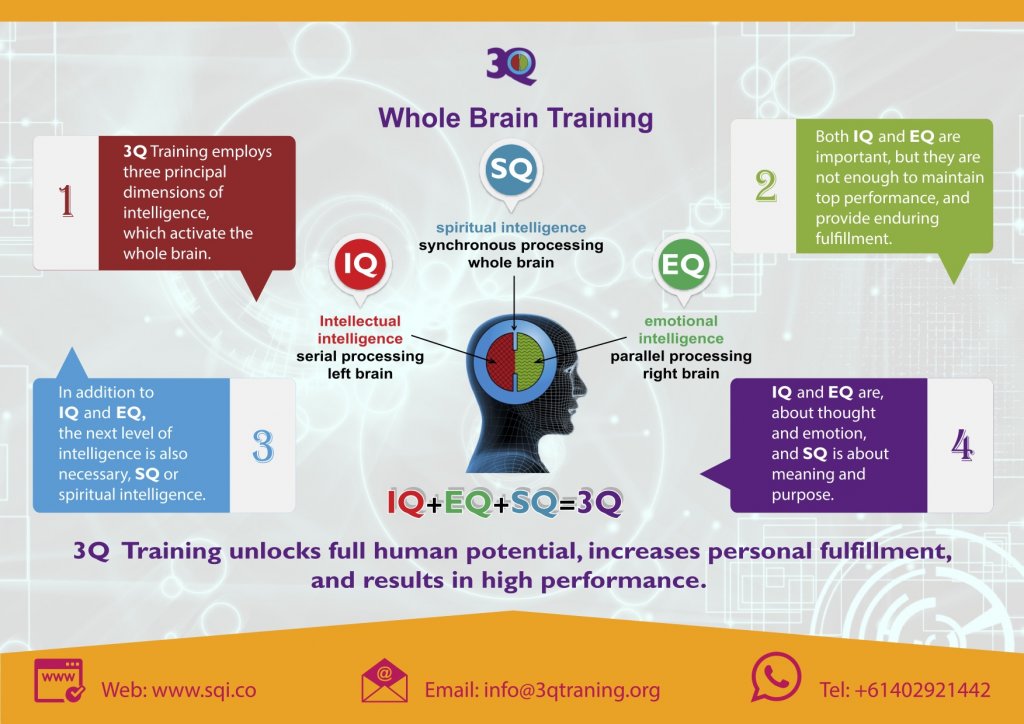

How a scientific DSM will transform psychiatry Quotes from NIMH’s director, Thomas Insel epidemiologist, Jane Costello, who resigned from the DSM-5 Work Group for Child and Adolescent Disorders in 2009, and Steven Hyman, a former NIMH director and a former DSM-5 Task Force member, who has chaired the APA-WHO International Advisory Group for the Revision of ICD-10 Mental and Behavioural Disorders.
#PARADIGM SHIFT PSYCHOLOGY MANUAL#
Psychiatry framework seeks to reform diagnostic doctrineĬritics say clinical manual unfit for mental-health research. “…Now the British Psychological Society has produced its own brand of extremist posturing, offering its own quixotic paradigm shift.”įurther mainstream media coverage of the DSM debateĪn Editorial and an Opinion piece in the New York Times: But NIMH has nothing to offer now in its place except an oversold and undeliverable promise of some future strictly biological model of mental illness that will take decades to deliver - assuming it can ever be delivered at all… “…Then the NIMH recklessly renounced all syndromal DSM diagnosis as invalid. The Inmates Seem to Have Taken Over the Asylum The Observer | Oliver James | Prof Sir Simon Wessely | Sunday Ĭomment from Allen Frances, MD, on Huffington Post, on today’s Observer report: The DCP said its decision to speak out “reflects fundamental concerns about the development, personal impact and core assumptions of the (diagnosis) systems”, used by psychiatry…”Īlso in today’s Observer, opposing positions from Oliver James and Professor Sir Simon Wessely, a member of the Royal College of Psychiatrists and chair of psychological medicine at King’s College London, in which he defends the need to create classification systems for mental disorder and downplays the influence of the DSM:ĭo we need to change the way we are thinking about mental illness?Įxperts on both sides of the debate over the classification of mental disorders make their case The statement effectively casts doubt on psychiatry’s predominantly biomedical model of mental distress the idea that people are suffering from illnesses that are treatable by doctors using drugs. The second part of the book includes a new approach to the quantum mind of a champion. “…In a groundbreaking move that has already prompted a fierce backlash from psychiatrists, the British Psychological Society’s division of clinical psychology (DCP) will on Monday issue a statement declaring that, given the lack of evidence, it is time for a “paradigm shift” in how the issues of mental health are understood. The book Paradigm Shift for Future Tennis starts with revelations that make obvious the limitations of today’s tennis, which does not use the laws of modern Biomechanics and Neurophysiology. (British) Psychological Society to launch attack on rival profession, casting doubt on biomedical model of mental illness Psychiatrists under fire in mental health battle Today’s Observer reports on the release, tomorrow, of a Position Statement by the British Division of Clinical Psychology (DCP), a sub-division of the British Psychological Society, calling for the abandonment of diagnosis and the ‘illness/disease’ model. As the incoming data seemed to suggest, perhaps this will occur more so for the employer than the employee.Position Statement on the Classification of Behaviour and Experience in Relation to Functional Psychiatric Diagnoses Therefore, from a psychological perspective, all these elements indicate that transitioning to a new idea of the remote workplace as the norm will be met with difficulty and resistance. It will be confronted and resisted by those who perhaps prefer the old way, or need the office for social interaction, or simply do not trust that employees can be motivated to work away from the watchful eyes of a manager.

As with many scientific revolutions that break long-held concepts, the remote workplace is also a psychological paradigm shift of seismic proportions. Long-held beliefs are not easily relinquished. It is a structural revolution in how we think of ourselves as employers and employees. Remote work reflects a “Kuhnian” paradigm shift. The post-pandemic remote worksite, one that is no longer a forced necessity, will present employers and employees with challenges.


 0 kommentar(er)
0 kommentar(er)
